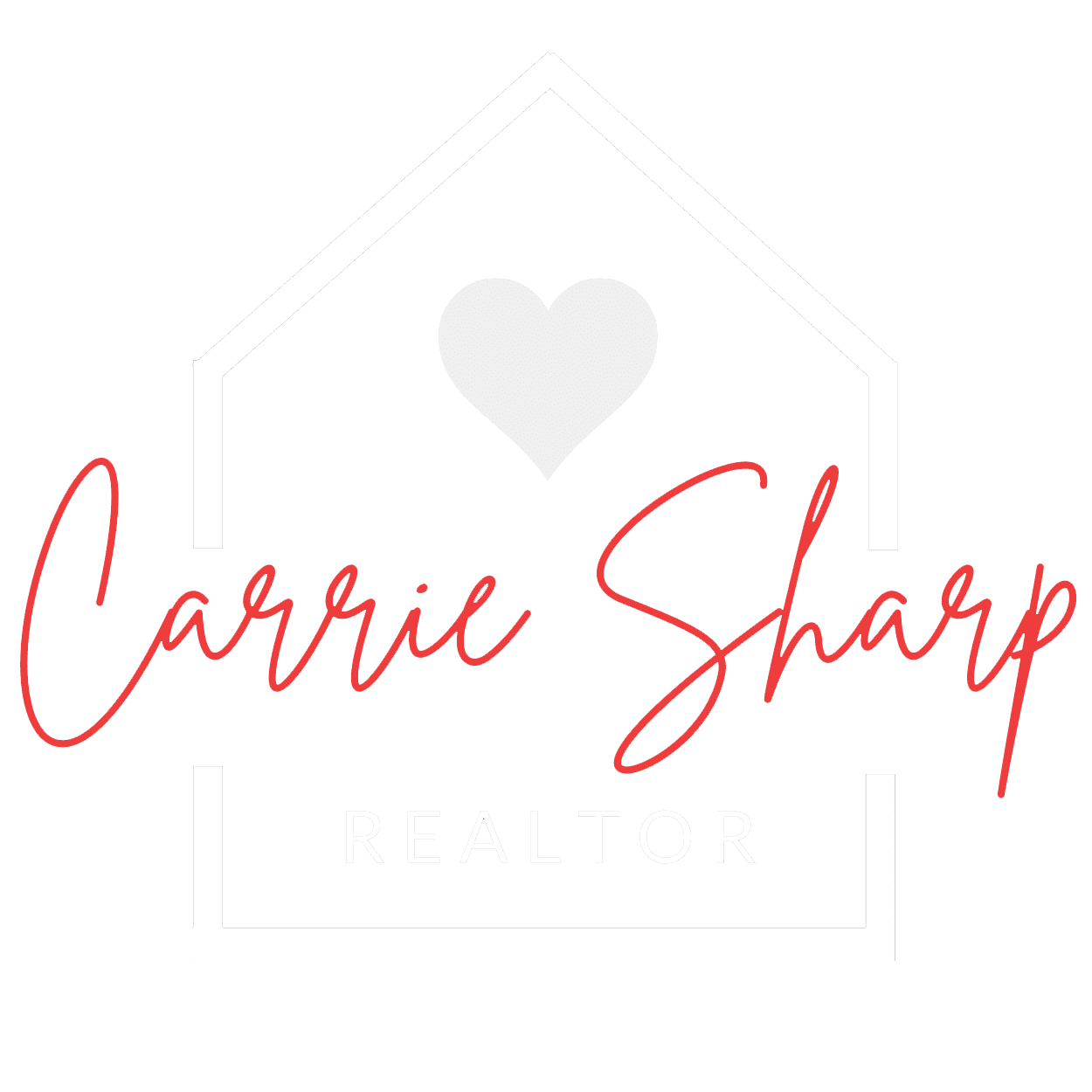If you own your own business, chances are you have a limited liability company (LLC) or, at the very least, you know what that is. Business owners may choose to buy a home using an LLC or under their own name. Buying a home under an LLC is beneficial for two main reasons:
Reason No. 1:
Homeowners can maintain some privacy because the LLC is listed as the property owner. For buyers who don’t want nosy people to be able to locate their addresses in public records, buying a home under an LLC is the preferred way to acquire property. Many buyers of high-end properties prefer using an LLC, because all property transfers are recorded and available to anyone who wants to look up information on an address. An LLC prevents a buyer’s name from entering the public record.
Reason No. 2:
Owners have more protection in the event of a lawsuit. If you own your residence in your name (as most people do), someone who’s injured on your property can sue you directly. While homeowner’s insurance (and umbrella insurance if you have it) will cover the payments on a successful lawsuit up to a certain point, your other assets––including your savings, investments, and home equity––could be garnished to pay the rest of the damages. However, if you own your home in an LLC, then the lawsuit can only name the LLC, and the only assets that can be used to pay off the suit are those assets held in the LLC (which usually would just be your home.) In addition, investors commonly use an LLC to purchase properties they intend to rent to tenants because of the liability protection offered by the structure. When you own your property as an LLC you pay your property taxes through the LLC and can even funnel other costs of homeownership through the LLC.
Keep in mind that establishing an LLC will impact your property taxes and future capital gains taxes. The impact varies from state to state, but in most states you’ll need to pay an annual-report filing fee in addition to your property taxes. You’ll also need to pay legal fees to set up an LLC, which can be expensive depending on the structure of your LLC. If you’re considering buying a home with an LLC, it’s important to consult an attorney and a tax advisor with experience in your state. You need expert advice to understand the implications of buying property under this type of ownership.
Potential cons of buying a house under an LLC
If you’re sold on the idea of buying a house under an LLC, it’s important to first examine some of the potential downfalls of this strategy. One of the biggest surrounds the difficulty of securing financing. Not to mention, you likely won’t be eligible for most types of residential loans, including FHA or conventional loans sold to Fannie Mae or Freddie Mac. Buying a home under an LLC also means you’ll forego capital gains exemptions. Typically, home sellers pay no capital gains tax on the first $250,000 of profit as a single individual or $500,000 as a married couple. But when you own a property as an LLC, you’ll ultimately be responsible for the tax bill, no matter how small or large your gain is.


Recent Comments